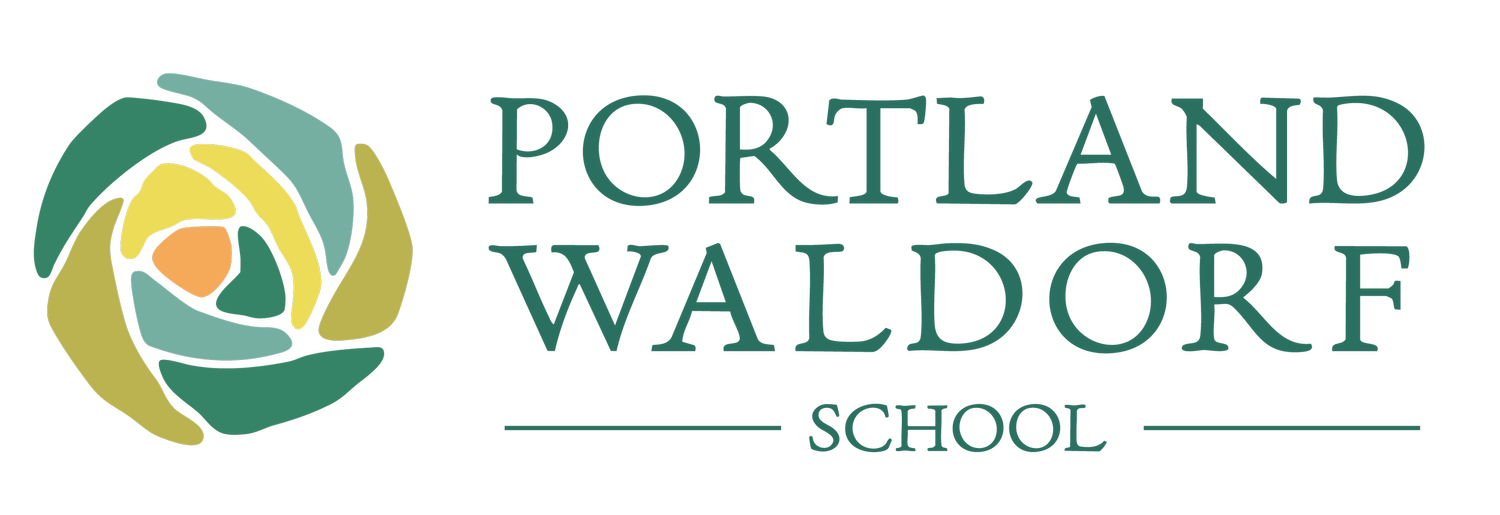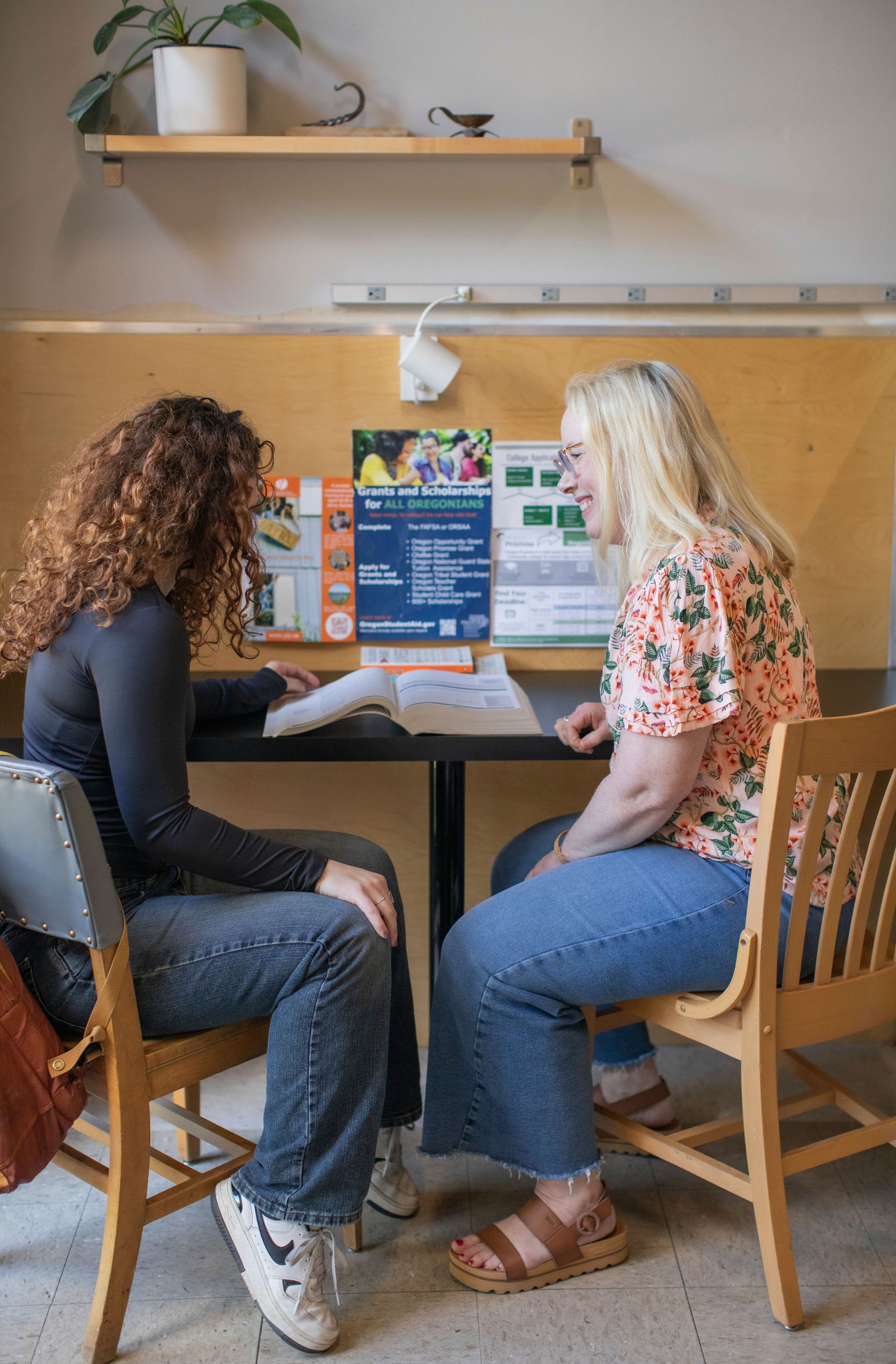Beyond Specialization: World Series Lessons in Gaining the Ultimate Advantage
Reflections on Our Multi-Faceted Approach by Middle School and High School Educational Support Coordinator, Rochelle Giametta
Standing mere inches from my television, watching the chaotic late innings of Game 7—the final, nerve-wracking showdown between the LA Dodgers and the Toronto Blue Jays—I saw something truly special. (And for the record, as a lifelong SF Giants and NY Yankees fan, I was absolutely rooting for the Blue Jays!)
Yet, even as I cheered for the other team, I couldn't stop myself from being mesmerized. The eventual victory for the Dodgers wasn't just about their massive payroll; it was about something far deeper: holistic, integrated preparation.
That World Series was a high-stakes crucible, one that included an 18-inning marathon and a climactic, 11-inning final game. When the rigid rules of baseball break down—when the starting pitchers are pulled and the bullpen is exhausted—the winning difference is made by agility, depth, and the ability to pivot.
This chaos is the ultimate proving ground for any human being, and it’s the perfect key to unlocking the intentional design behind the PWHS High School curriculum.
Success is Not Just Specialization
We know that for many parents, the deep intention behind our high school can often seem like a mystery—an unknown quantity just across the courtyard. While our high school is, in one sense, a necessary continuation of the grades, it is far more than that.
We leverage our deep understanding of adolescent development to create a robust and rigorous four-year training ground. It is specifically crafted to challenge the high school student and prepare them for the complex, unpredictable demands of the modern world. We are providing a deliberate, four-year commitment to developing the whole human being.
Success at the highest level doesn't just reward narrow specialization; it rewards the development of integrated capacity—of the Head, Heart, and Hands. This is the core of the Waldorf philosophy, designed to ensure every student becomes the most capable version of themselves, ready for any path that calls them. In fact, this commitment to holistic capacity is now being actively endorsed and modeled by leading college guidance programs; a fact I recognize firsthand as a current candidate in UC Berkeley's College Admissions & Career Guidance Certification Program, a program now guiding high schools to pivot toward these very practices.
Here are four case studies from that World Series that I believe illustrate how our high school philosophy translates into world-class results:
Case Study 1: Shohei Ohtani: The Power of Full Capacity
Shohei Ohtani is arguably the most valuable player in baseball precisely because he rejects the convention of specializing in pitching or batting. He performs both at an elite level, a dual role practically unheard of in modern sports. His career exemplifies the value of non-specialized, full-capacity development.
Ohtani’s powerful preparation utilizes the Harada Method, which requires him to set goals seemingly “unrelated” to baseball, such as “reading books” or “being someone people want to support.” This holistic approach emphasizes building inner moral and mental discipline—the foundation of the Will.
At PWHS, we cultivate this Will through practical subjects like Handwork and Woodworking. These disciplines build the precise execution and focused presence required to carry an abstract idea through to physical reality. Just like Ohtani, who believes it’s "wasteful to limit myself without any reason," we work to develop all of our students’ capacities, regardless of personal talent.
Case Study 2: Yoshinobu Yamamoto: Building an Optimized Instrument
Consider pitcher Yoshinobu Yamamoto’s integrated training. Instead of only linear strength work, he practices martial arts, focuses on core stability, and even throws a javelin. Throwing a javelin is outside of baseball, yet it builds a fundamental, holistic movement pattern that feeds his pitching mechanics.
Yamamoto, who is not physically large, built his success not on brute strength but on self-knowledge and refined technique. He had to look inward, maximize his unique strengths, and build a holistic instrument that performs exactly to his individual physical signature.
This non-linear, integrated approach mirrors our curriculum. Students move through disciplines from Math, World Language, and Humanities to Science. In our phenomenological science blocks, students are not given the textbook theory first. Instead, they are challenged to undertake the same journey of self-discovery: they must make careful observations, draw what they see, and use their own creative will and logical capacity to formulate original concepts. This trains them not to fit a pre-existing mold, but to use the disciplines to build and maximize their own unique intellectual instrument.
Case Study 3: The Rojas Moment: A Lesson in Social Intelligence
This case study reveals the critical skill of modern team leadership: Social Education.
In the final game, Dodgers utility player Miguel Rojas was in a major batting slump—no hit in over a month. Every analytical measure suggested a different player. Yet, the manager trusted Rojas’s overall character and commitment over his recent metrics.
Rojas responded by hitting a crucial game-tying home run in the ninth inning, followed by a key defensive play that secured the championship. This trust created a moment of extraordinary human performance.
In our classrooms, the focus is on collective discovery and contribution, not just individual metrics. This education of the Feeling Life (the Heart)—learning to observe and trust the full dignity and potential in everyone—is built into the fiber of our collaborative environment and serves as a powerful foundation for modern leadership.
Case Study 4: Agility Built on Core Depth
The ultimate proof of concept for me came during those extreme, extra-inning battles—especially the 18-inning marathon. When the starting pitcher was gone and the bullpen was exhausted, the team didn’t collapse. Their depth, developed through holistic training, created the flexibility and agility needed to perform when the pressure was most extreme.
The similar depth we cultivate at PWHS is not accidental. It is the direct result of our uncompromising four-year commitment to core, integrated disciplines. Unlike programs that allow early specialization, PWHS requires sustained immersion in subjects like the intensive, interdisciplinary Main Lesson Blocks.
Students are trained not just to memorize facts, but to fully inhabit different modes of thinking—cultivating the capacity for logical rigor, artistic observation, and historical empathy. This profound reservoir of capacity creates the flexibility and agility needed to excel, preparing our graduates not just for college admissions, but for the non-linear, unpredictable path of a modern career. Our education is built for endurance.
When you choose to keep your child here through high school, you are choosing the most comprehensive and challenging path—the one that insists on developing the whole person. We are preparing them to be resourceful, adaptable, and emotionally intelligent adults who can lead with integrity and make meaningful contributions to the world.
Cultivating the Full Potential
If reading this has sparked a curiosity about the capable, flexible human beings we're preparing and sending out into the world (a curriculum my own two children have successfully completed!), I invite you to explore this development firsthand. When you invest in the Waldorf high school experience, you are giving your child the ultimate competitive advantage: the full range of human capacity.
Schedule a private meeting with me or a high school faculty member to discuss your student's unique path.
Book a Shadow Day so your student can experience a day in our high school community firsthand.
Chat with an alumni student or parent to have your questions answered.
Contact Carolyn Hauck, Enrollment Manager, at admissions@portlandwaldorf.org to coordinate any of the above options.

